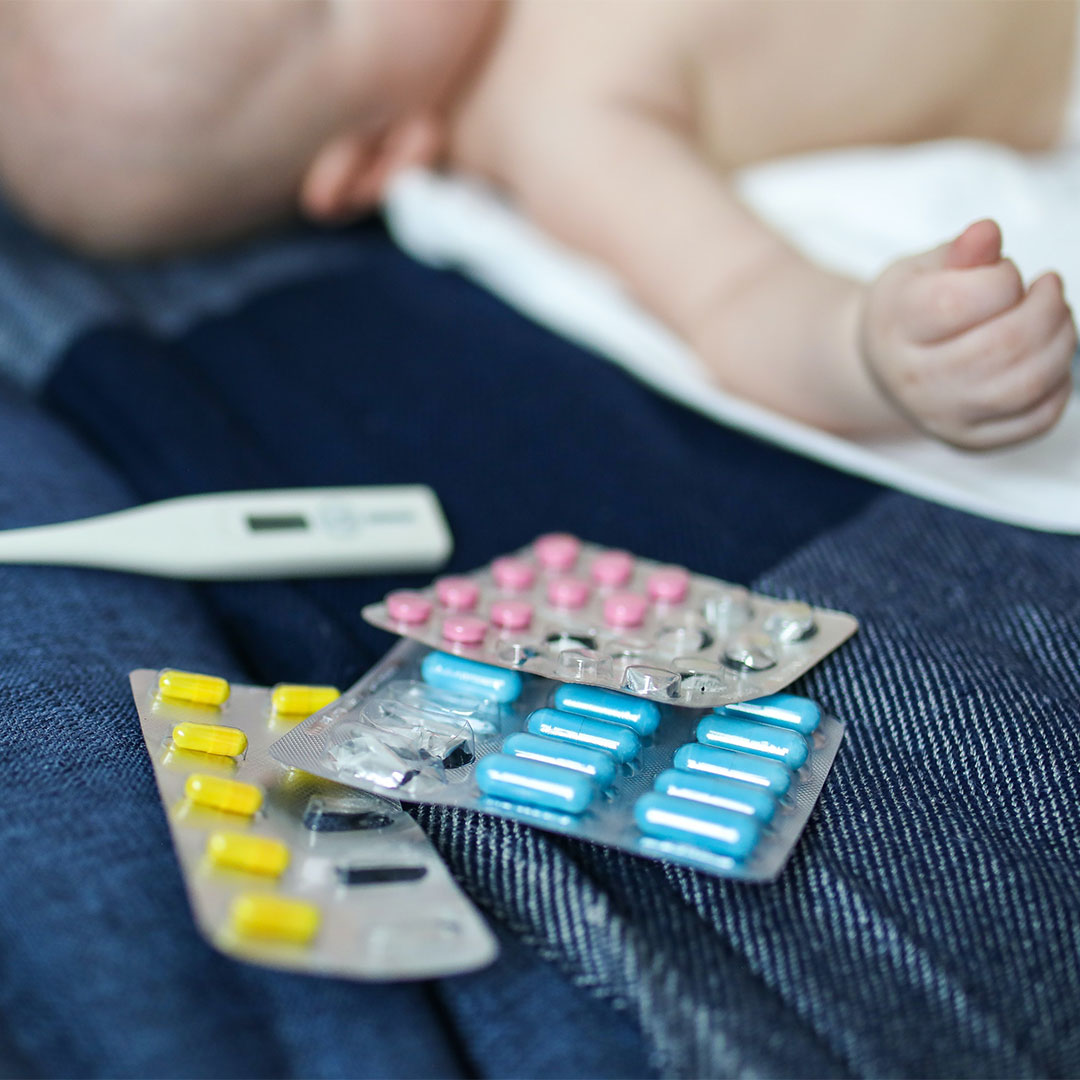When kids fall ill, it’s only natural to want to rush them to the nearest doctor’s office and get some medicine into them as soon as possible. While this response may seem like the best course of action, sometimes it isn’t the wisest choice to take. Before you rush out and buy your child any and all medications they need, make sure you know what they are and what they do.
Here are 5 things parents should know before giving their kids medicine
1. The Dose is Based on the Child’s Weight
If you’re like most parents, you don’t think twice about calculating dosages. If a pill bottle says 2 TAB, 2 times daily, it means two tablets are recommended for each of those days. But if you have two different-sized children taking two different drugs at two different doses, what happens then? You see, medication dosages are based on weight—not age or size. So if one of your children weighs twice as much as another child and takes half as many doses a day (based on instructions), they will be getting 4 times more medication than that other child! Also, keep in mind that certain medications shouldn’t be mixed because of possible dangerous interactions.
2. Medicine Isn’t The Only Answer
If your child has a fever, he or she will probably want to be cuddled, comforted, and held. That’s perfectly natural – but that also makes it more difficult for him or her to rest as effectively as possible.
Try making your child as comfortable as possible, whether that means offering warm baths, steaming socks at bedtime (the relief from sore feet can help), or spooning in bed with a warm drink. Warm soup can actually do wonders too, and a bowl of chicken or vegetable soup helps relieve congestion.
The best way to bring down a high temperature is to give them rest – so let them sleep in their comfy pyjamas on your lap if you have to!
Also, try rubbing eucalyptus oil into your palms and then stroking your child’s head with them: not only does it smell great, but studies show that essential oils such as eucalyptus help reduce nasal congestion. Don’t go straight to medicine.

3. Not all Fevers are Equal
If your child has a fever, there’s no need to rush for medication unless it’s above 38.8 degrees Celcius. The body has a way of fighting disease on its own; if you give your children medication too soon, you could be impeding that ability.
It’s also important to understand that just because a child isn’t running a fever doesn’t mean they aren’t sick; many viruses cause symptoms other than elevated temperature. For example, a cold virus can lead to cough and congestion in addition to a runny nose and sore throat. And while these symptoms may not seem serious enough to warrant taking medicine, they can make it difficult for your child to rest and recover from illness.
Remember: As long as your child is drinking fluids regularly and appears healthy otherwise (no vomiting or diarrhea), try letting them ride out their illness without medications first—they might surprise you with how quickly they bounce back!
4. Keep Medicines Away from Pets and Children
Pets may be curious about any medications you keep in your home. Children, meanwhile, are apt to put medicines into their mouths without thinking. Prior to administering any medication to a child, it is important to remove them from the immediate vicinity of the drugs to prevent them from accessing them. If you need to store medicines that might be harmful if ingested by small children or pets, it’s best to lock them up in a safe or cabinet where only an adult can access them.
5. Get Advice from a Pediatrician
Before administering medication to your children, talk to a pediatrician about it first. There are certain prescription drugs that are safe for adults but dangerous for kids. Knowing which medicines are suitable and safe for your child can save you a lot of trouble in the future.
Giving your children medicine is a common practice for many parents, but it’s important to keep these five points in mind when administering medication. When we’re caring for our children, it can be easy to overlook how common illnesses and everyday childhood ailments can be managed without drugs. There are plenty of ways to help your child feel better without resorting to over-the-counter or prescription medications that may cause more harm than good.
You may also be interested to read a recent article Don’t Let Your Kids Get Sick This Monsoon Season: Tips on Preventing Viral Respiratory Infections

